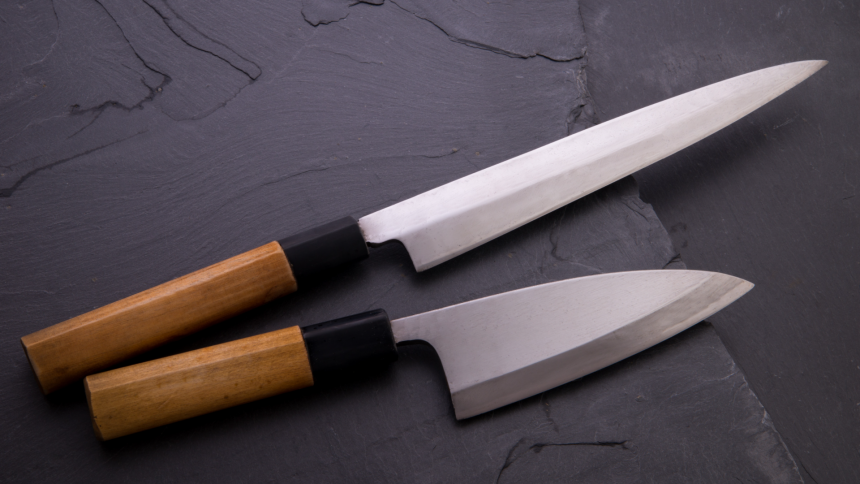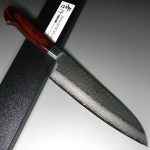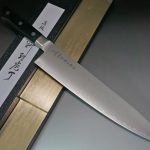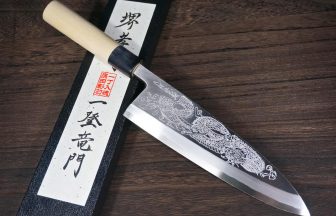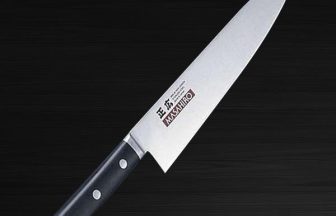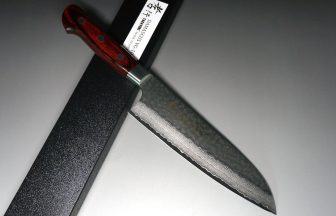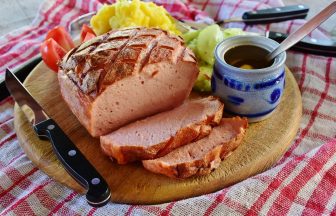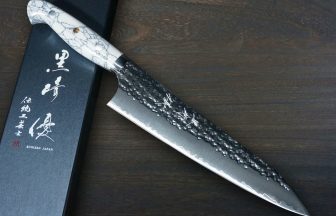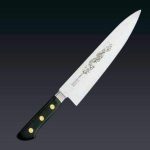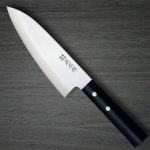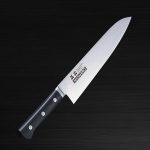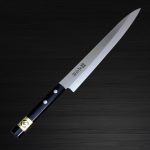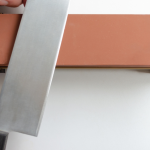Japanese cuisine wows the world with its intricate nature, the ability to showcase fine selections of unique ingredients, and the authentic introduction to creativity that binds with traditional originality depicted through culinary arts. The delicate food preparation processes that involve wise selection of culinary equipment, the creative choice of fresh, caught-from-sea ingredients, and the placement of all components to form eye-catching aesthetics only present in Japanese cuisine are what truly makes Japanese delicacies among the best.
Japanese food chefs and culinary experts are always in search for just the right tools and equipment needed in the kitchen to perform the ‘essential’ skills of the blade. When it comes to filleting Salmon, boning fresh Tuna, and ripping of the fresh, mouth-watering Saba’s skin, a professional cutlery like a Japanese knife is required to complete the task. Although it is required for one to learn the skills and techniques needed to perform numerous traditional Japanese-style slicing methods, the wise choice of equipment is also significant. Without a good knife or a perfect blade to do all the job needed, the chef will also suffer throughout the food preparation process.
Knives like those of Gyuto and Santoku are the two popular types of which are used by most culinary experts for the general kitchen tasks. As these two knife types are literally similar to multi-tasking, general kitchen knives, they can do the basics of cutting and slicing whenever required. However, for intricate and delicate processes that require lightweight knife models with hard steels and concave or convex blades, users may take a look at other special Japanese knives available – for instance, Yanagiba for sashimi, Nakiri for veggies, and Deba for boning fish and poultry.
Among the top Japanese knife brands out there, Sakai Takayuki tops the international charts for premium-quality blades forged with hard steels through authentic Japanese blade forging techniques and skills passed on from generations to generations. There are a wide variety of Sakai Takayuki knife series and models; though, not all are recommended to professionals and culinary experts. Among the vast variety of knife series available, Sakai Takayuki 33-Layer VG10 Damascus Nanairo selections and Sakai Takayuki Tenryu Damascus selections are the top famed series known for extreme sharpness, unique designs, and high-performance features.
Sakai Takayuki 33-Layer VG10 Damascus Nanairo Selections
The 33-layer Damascus knives by Sakai Takayuki are delicately crafted out of a 33 layer VG10 Damascus steel, which further provides them extremely sharp edges and extraordinary hard steels (hardness: 60-62 HRC). The Nanairo knife selections come with excellent edge retention and light center balanced feel when gripped. The handles are made out of half rounded octagonal lacquered ABS resin, which is basically an odorless, hygienic, antibacterial and durable material. The unique design of Nanairo knives also makes it simpler for users to make their final decision during purchase.
Sakai Takayuki Tenryu Damascus Selections
Sakai Takayuki Tenryu Damascus knife series features the beautifully engraved dragon patterns on elegant Damascus blades with a core of Blue Paper (Aogami or Aoko) No.2 steel. The latter famed steel type is made from the well-known Yasugi steel, also known as prime high carbon steel, specifically developed for the crafting of cutleries and culinary equipment.
As this steel owns the hardness level of around 61-62 HRC, it is extremely a good choice for the crafting of Japanese delicacies like sushi and sashimi in Omakase restaurants. Further moving on to the handles, they are made out of red Ebony wood, where the Japanese-style octagonal shape blade would fit comfortably in your hands. The buffalo Tsuba equipped to both top and bottom parts of the handle also mark the benefits users can have with Tenryu Damascus knife selections.

